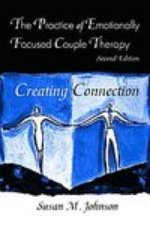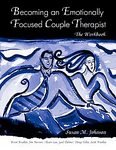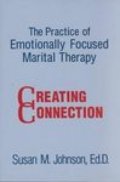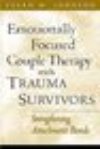|
EFT Emotionally Focused Couples TherapyEFT has its roots in the attachment theory presented by John Bolby. Every child needs an attachment figure or figures that will be there for them. The more secure the attachment is, the more stable the child will become as they venture out into the world. Likewise, insecure attachments produce children then adults who have difficulties trusting the closest people in their life. Adult attachment differs from children in that adults do not need the immediate physical reassurance like a child does, but carries a mental representation of their attachment person in their mind. Adults are sexual, children are not. Adults are secure when they know that their partner is emotionally accessible and are responsive to them. Partners can be physically present but emotionally unavailable; which leads to distress in the relationship. A physically distant relationship but emotionally available and responsive, can thrive and survive much because of their emotional connection.
85% of distressed couples fall into one of these two roles. One becomes the pursuer, blamer, critic and the other becomes the defensive, isolator, withdrawer. Partners can trade off in these roles or maintain them. The other 15% in distressed couples is where both are withdrawers or both are pursuers. The pursuer does not understand why the withdrawer "does not want to work out their differences". The withdrawer feels that they "can not please" the pursuer and is trying to preserve their relationship, so it does not get any worse. The pursuer reads this as their partner does not care. This negative interaction cycle seems to feed itself with the two partners wanting to stop it but can not. The EFT therapist helps each partner to see how their own behavior feeds the cycle and how to stop triggering their partner's reaction. By focusing on your own primary emotions and attachment needs and expressing them to your partner, both partners join together in fighting their reactions in the cycle instead of each other. Eft web site |
Emotionally Focused Books



